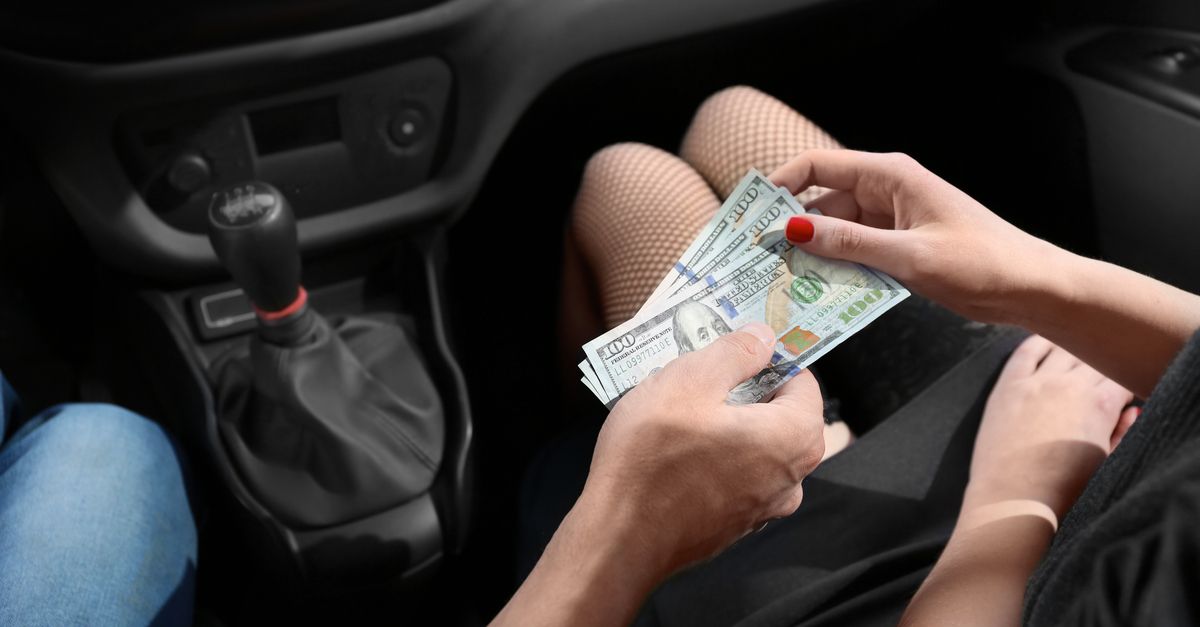An oldie-but-goodie legend pokes fun at grande dames:
[Cerf, 1952]
It's unlikely that a certain Senator's wife will be wearing to any more public functions a medallion her husband picked up for her on an air junket to Hong Kong. She was very proud of it for quite a
while — until the evening, in fact, that a Chinese Nationalist diplomat, over to address the U.N., informed her gravely that the literal translation of the Chinese characters on the medallion read, "Licensed prostitute, City of Shanghai."
The tale works on a couple of different levels. No matter who tells this story, it's always stressed that the medallion wearer is a society woman: an unnamed senator's or bishop's wife, or a fictitious grande dame with a drippingly snobbish name like
More than being just another run-of-the-mill "black eye for the Brahmins" tale, it's an also "ugly American" fable. Liking the medallion solely for its appearance, the society dame grabs it without first learning anything of the culture behind it. She ends up self-labeled as a Shanghai prostitute because her lack of respect for traditions and meanings that aren't 100% American doesn't leave room for her to consider that the pretty bauble could serve any purpose other than as a decorative piece of jewelry.
A similar story is told about a sweater:
This reminds me of an old joke about a girl who admired a particular set of Chinese characters on a menu so much she copied them down and then knitted them into a sweater. She couldn't understand why every Asian she met while wearing her new sweater would crack up, until one of them was kind enough to translate the message:
"Although inexpensive, this dish is tasty."

The particulars of any given urban legend will alter themselves to fit whichever society it's being told in. Modern versions of this tale involve tattoos, not medallions. Here are two such updatings:
A young girl gets a tattoo of a Japanese phrase on her right shoulder blade. When showing it off at work, her Japanese workmate says "It's very nice, but why do you have 'No Smoking' written upside-down?"
There is supposedly at least one tattoo studio in the continental U.S. which has, amongst all the stock designs on the walls, a Chinese rendering of the phrase "I'm so stupid that I don't know what this means." The person who mentioned tidbit this was American-Chinese and asked the tattooist why this was up on the wall. The tattooist replied that it was there to catch idiots who just picked designs that they thought looked cool, and if someone was stupid enough to get a phrase which they didn't understand tattooed on their body, he'd do it. Apparently he'd already put the design on several people,
too — if they'd have asked him what it meant, he'd have told them,but ...
We're told a number of tattoo artists at one time displayed a joke "Chinese alphabet" on the walls of their establishments but quit doing so because one of the many customers who'd requested being imprinted with a name spelled out in that language later found out the characters he was wearing had nothing to do with anything. (Chinese doesn't have an alphabet; its characters represent entire words.) One savvy tattoo artist has now incorporated into her standard release form a sentence advising "If the design you want is written in a language other than English, we are NOT responsible for what it may or may not mean."

